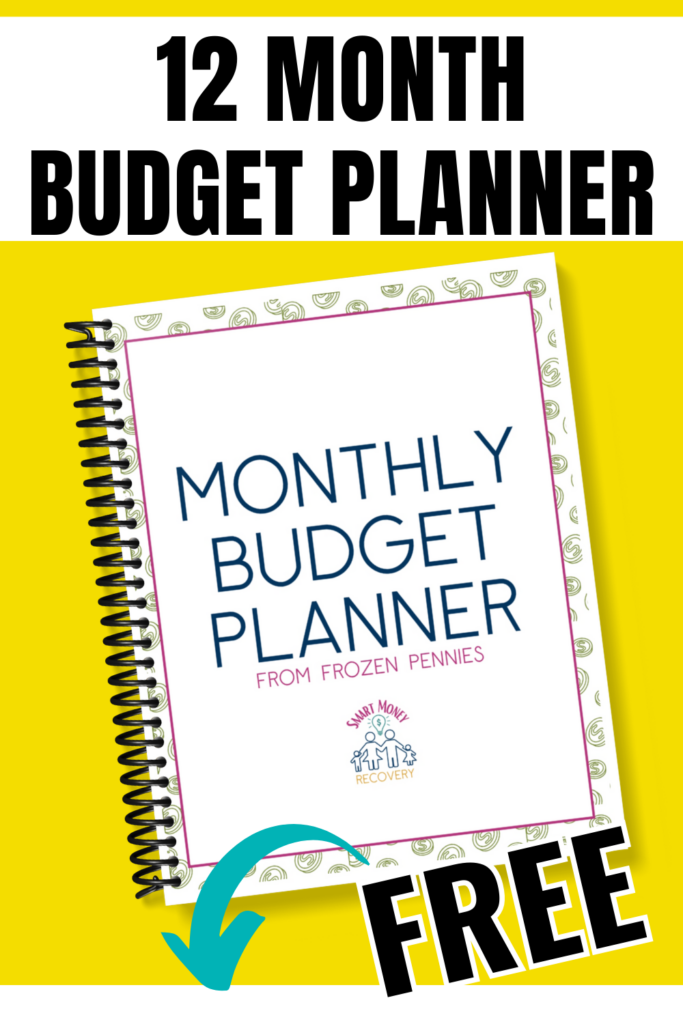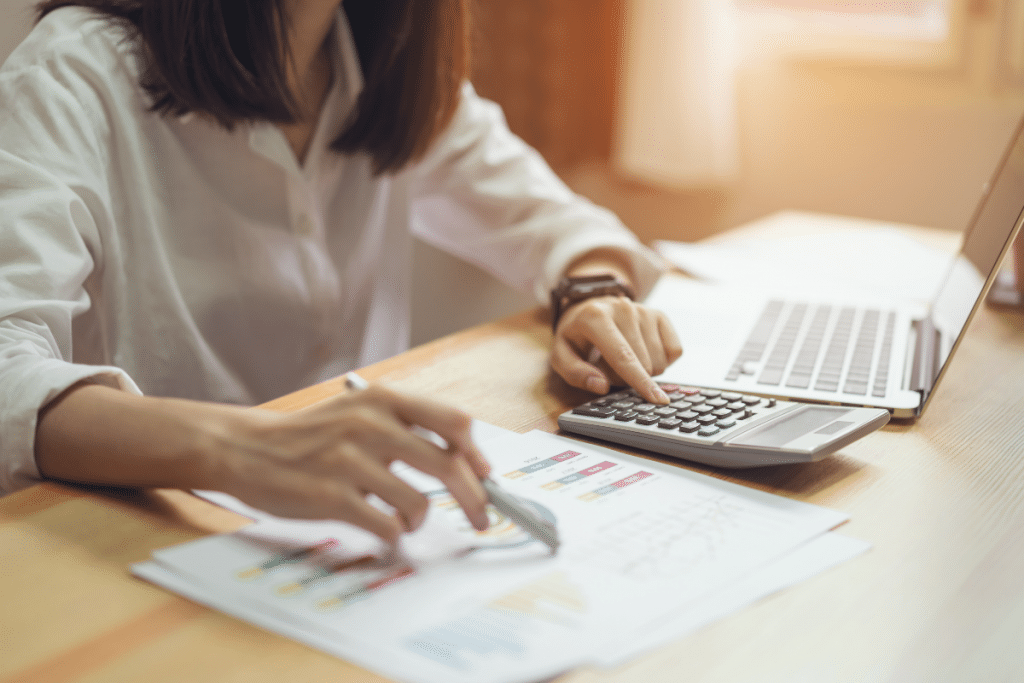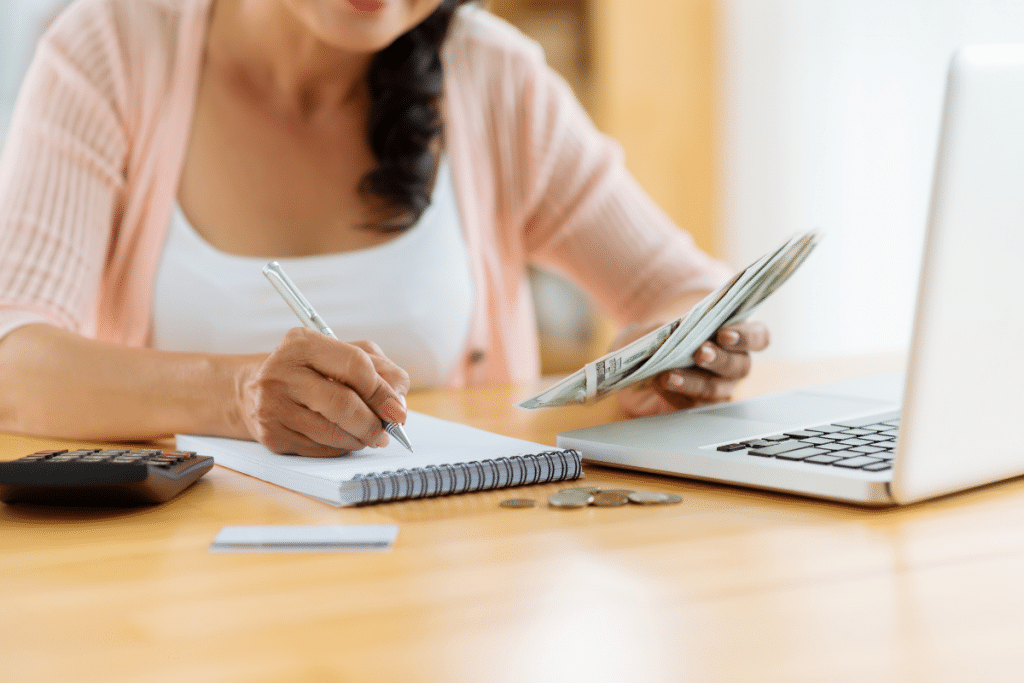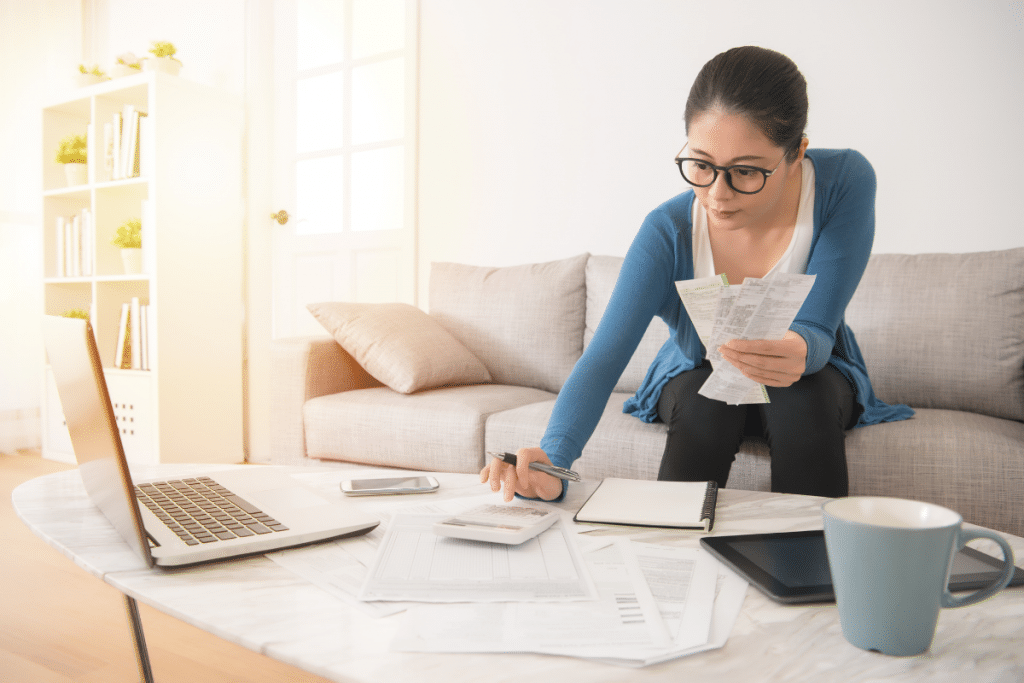Fluctuating bills are those bills that are different every month. The amount of money that you owe on them can vary and are never the same.
You may not have enough money even if you stick to your budget every month. Unexpected expenses might lead you to run out of money before the end of the month.
As opposed to fixed expenses, variable expenses are costs that fluctuate. Fixed expenses remain constant, while variable expenses fluctuate. These expenses have considerable financial consequences for your budgeting goals. It is difficult to plan a budget when expenses vary so drastically.
Despite sticking to your budget, you still run out of money before the end of the month. Fluctuating bills or variable expenses could be the culprit.
How to Budget for Variable Expenses or Fluctuating Bills?
Do you always get the surprise or shock from the cost of your variable bills? Surprises are pleasant, but what if you find a shocking bill for which you may have to break your savings? I’m sure you don’t want to get caught in such situations.
Budgeting is the path to success with your saving goals. You will definitely ace the budgeting game when you carve a nice one.
Here are some practical ways to budget for variable expenses:
Adhere To Your Personal Budget
Treat your fluctuating bills like the fixed ones. Grocery, electricity, and gas prices will never be stable. But keeping maximum spending for each of these bills can help you stay within your budget and will not take you on a guilt trip later.
Look into a zero-based budget for a winning system. This technique allocates your entire income into a monthly budget so every penny has a place to live.
Pay attention to your bank accounts. Know how much you have coming in and going out.

Use The Cash Envelope Method
Cash envelopes are always a blessing when you want to set aside a fixed amount for your fixed and variable expenses. You can save money by using the cash envelope system and forget the stress of overspending on anything.
Gas, electricity, and grocery prices are not under your control, but you can choose how to manage them. Skip the credit cards. You can closely monitor your finances better with cash. And if you don’t have much money to blow, this will give you strict guidelines and boundaries.
Use Cash To Pay Your Bills
Do you feel you spend extra when you have no control over your spending habits when you pay by card? Plastic money can be one of the culprits that break your budgeting goals.
Using cash to pay your bills will make you consider your needs, wants, and wishes. You can easily skip the last two if you prefer to pay by cash. Using cash can remind you about the balance, and you will not spend too much to regret it later.
Have An Emergency Fund
The one key to avoiding adding to debt is to be prepared for emergencies by having an emergency fund.
Setting aside money for those “just in case” moments is smart. This way, there’s no reason to add to your credit card debt or borrow money from a family member. Build your emergency fund with any extra money you can find, and don’t put it in your checking account. Instead, use a separate savings account.
Reduce The Consumption
Do you have some unused food items in your pantry? Or some fancy food ingredient for a recipe you watched on a trending video but never remembered trying it out? If your answer is yes, you need to control these temptations.
Going crazy over new trends is okay, but buying unnecessary stuff is definitely not okay. Make a list of unused food items from the pantry and try to use them in your next meal plan.
You might be surprised to see how much you have saved on your upcoming meals without hitting the supermarket sale hours.
Similarly, try to reduce the consumption of gas and electricity whenever possible. Many utility companies have off-peak hours where residential customers’ electric costs are less.
Going for a walk or bicycle ride instead of taking out a car is good for you and the environment. And switching off all the electric appliances can help you save on energy bills.
Recommended: 21 Best Cash Envelope Wallets

What Is a Variable Expense?
Similar to variable income, variable expenses that vary over time are variable expenses. You can’t predict how much you will spend because the costs of these items can vary from time to time.
Variable expenses, on the other hand, fluctuate over time. They are more volatile than fixed expenses. These expenses are irregular; hence, they can make or break your budget.
Electric bills are variable. Your energy usage differs monthly, and the due dates are the same. You could ask for a budget plan or levelized billing so the bill is stable and your monthly bills are the same. This means you may owe more or have a credit at the end of the year.
For instance, you save a small amount monthly for a small-term goal, but you spend it on that extra grocery bill because you have no idea how it will get stretched in the upcoming months.
Such expenses can eat up your savings if you do not have a plan for them. These flexible expenses are your fluctuating bills or variable expenses that you need to be prepared for.
Fluctuating bills are not the same as fluctuating income. People with inconsistent income with take-home pay that’s not the same each month must budget differently. If you’re an independent contractor or are in sales, you may not get paid the same as a salaried professional.

Difference Between Variable And Fixed Expenses
A personal budget includes variable or flexible and fixed expenses. And they are extremely different from each other.
Fixed expenses remain constant from month to month. Most of these bills will be paid periodically, whether that’s weekly, monthly, quarterly, or yearly.
Examples of fixed expenses are bills like student loans, housing, utility bills, and car payments.
Many of us prefer paying these bills every month and are always prepared for them. Budgeting for fixed expenses is much easier than budgeting for variable or discretionary expenses.
On the other hand, variable expenses can be the reason behind your unsuccessful budget. You are unsure how much you will spend on this expense. Just a casual outing or a movie night outside can break your solid budget and money-saving goals.
Grocery is known to occupy the biggest space among variable expenses. Even if you have a fixed monthly grocery shopping list, you will never pay the exact amount on them.
Prices may vary occasionally, and any tempting or impulsive buying can spoil that grocery budget altogether.
You must consider including fixed and variable expenses while creating an effective personal or family budget. Neglecting any of them can shake your budgeting goals for sure.
Recommended: Budget Your Money With These 4 Types of Expenses

Saving on Variable Expenses
Have you added fluctuating bills or variable costs to your monthly or annual budget? You definitely need to consider adding them if you haven’t already.
Budgeting for all the fluctuating and flexible costs will save you a lot of money on unexpected or unplanned expenses and help you save your sanity.
It is not always possible to predict variable expenses. A family movie night costing $50 (considering the cost of 4 tickets + some popcorn) can not remain steady for your next movie plan. Even if you can predict this amount, this is not going to be the exact one for sure.
Savings goals on variable expenses are what you need to do to save you from surprise (or shocking) expenditures.

How do you save on variable expenses?
Variable expense changes too often, so managing it can be a challenge. Choosing between your needs and wants can definitely help you save on variable or fluctuating bills. Planning is the first step and key to a successful financial life (budgeting is a close second).
- Make a list of your variable monthly expenses that can occur in the near future.
- Analyze previous bills that had fluctuated frequently
- Make a budget based on previous bills, and you may add approximately 5-7% increment on each bill as an estimate
- Categorize all these bills and add a maximum spending limit on each category
- Stick to these limits and do not spend any extra penny on them
- Grocery and electricity bills can be uncontrollable; find the best ways to save money on electricity and skip some unnecessary (and junk) items from your grocery list to stay within the limit every time
- Carry your own lunch; eating out is also bad for your physical and financial health.
- Meal planning can help you plan things in advance, and you will not overspend on a last-minute meal idea.
- If you love meat, buy it on sale. You can get your favorite meat on sale and freeze it for later.
Recommended: 25 Thrifty Ways to Save Money on Meat

What are examples of irregular expenses?
Variable expenses fluctuate over time compared to fixed expenses such as mortgages or rent. The fluctuation over time is much greater for variable than fixed expenses.
Do you know what expenses you can include in fluctuating or variable expenses? The necessary expenses that cannot be predicted or are possible to change over a period of time are called fluctuating expenses.
Variable or fluctuating expenses include:
- Fuel
- Clothing, shoes, and accessories
- Grocery
- Eating out
- Babysitting
- Personal care services
- Health care expenses
- Stationery expenses
- Entertainment
- Club or gym fees
- Car maintenance
- Hobbies
- Home repair and renovation
- Electricity bill
- Pet expenses
- Travel and leisure expenses
Recommended: 65 Tips To Save Money On Groceries Without Using Coupons


How to Calculate a Variable Expense Monthly?
When you select the most suitable budgeting method for yourself and your family, reaching your financial goals faster becomes easier than not having a budgeting system.
Choose the right method and calculate your income and expenses. To calculate variable expenses monthly, you need to analyze the past bank statements of your gas, grocery, and electricity bills. To understand your spending pattern, check your credit card or banking transactions for the last two or three months.
Once you analyze them, calculate the upcoming expenses based on your estimated consumption of each category, including grocery, gas, electricity bills, gifts, eating out, entertainment, etc., and add a few percentages of increment on each of them to stay unshaken by the extras.
Then, calculate the average monthly payments of last year into your budget. Calling your utility company to ask about budget billing programs might be an option.
You may have to pay more in extreme weather conditions like hot summers and cold winters, but it will decrease when you use less energy in the off months.
And it will help you keep your zero-sum budget intact.

Final Thoughts on How to Budget Fluctuating Bills
Fluctuating or variable bills are part of our lives. We can’t make a budget without having them included. Instead of worrying over the unpredictable expenses every month, try to be ready to face the variations.
The right budgeting strategies will boost your confidence to handle the finances flawlessly. Be it fixed bills or variable expenses, an appropriate budgeting method and intentional spending habits will bring stability to your personal and family finances.

 Simple DIY Cash Wallet Dividers (Free Printable)
Simple DIY Cash Wallet Dividers (Free Printable)